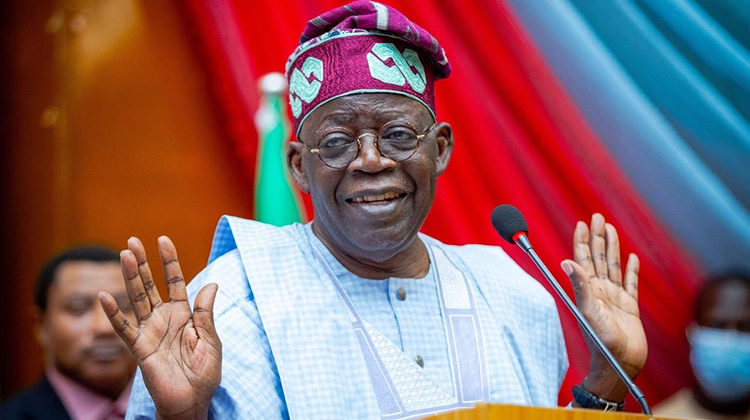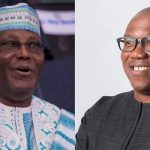The capital market in Nigeria began 2023 strongly, however, that won’t be the case towards the end of the year, Prime Business Africa (PBA) has gathered during a conversation with investment analysts.
Nigerian stock market had begun the year bullish, posting about 8 per cent growth year-to-date despite political tensions leading into the general election held on Saturday, 25 February 2023.
Join our WhatsApp ChannelAn Analyst at Cowry Asset Management Limited, Charles Abuede, told PBA correspondent: “Before the financial market meltdown in 2007, the benchmark index has always outperformed the economy and stood as one of many attraction points for investors into the equities market.
“Post-2007 elections have seen a gradual return of confidence to the market and the trend is expected to be sustained in 2023,” he said.
Also, in late February, the Bloomberg index of 71 emerging and frontier nations ranked five Nigerian dollar bonds among the 10 best performers.
In addition, after the announcement of Bola Tinubu as President-elect, United States bank, Morgan Stanley, turned the sign on Nigerian government bond to “bullish”.
All these positive returns in the first quarter, but as the new administration begins to implement policies promised during the campaign run, the mood in the capital market is expected to switch in the second quarter (Q2) to the fourth quarter (Q4).
According to the Portfolio Manager at AXA Investment Managers, Regina Nwangele, having a pro-market leader wouldn’t stop market gains from moderating towards the end of the year.
The excitement or sentiment currently in the market is expected to fade out as the ripple effect of the policies implemented takes root.
While the victory of Tinubu is still being contested in the court, the President-elect and the two closest contenders, Peter Obi and Abubakar Atiku have vowed to remove fuel subsidy and spoke against multiple exchange rates, which is preparing the market for a balancing of the foreign exchange (Forex) market.
Eliminating multiple exchange rates will raise the official forex rate, and with the removal of the subsidy expected to increase fuel prices, these policies will result in soaring inflation – which in turn, lowers equity valuation.
“However, you don’t expect to see the kind of strong performance you have currently where you have to look back from January till now, where you have to continue into the latter part of the year regardless of if the pro-market person was elected. So the truth is that we expect a lot of activities to happen this year, like the possible removal of subsidy, there’s going to be a balancing of FX and uncertainty about the implementations of the policies.
“Most of the first two things I named would obviously yield an increase in the interest rate and would also increase the equity market. First of all, it would also mean higher inflation and once you have higher inflation there’s always a lower valuation for equity because it means a higher cost of borrowings for them.
“Regardless of the fact that you have a president and all that, there is so much that would impact the equity market this year. So in terms of my projections, I don’t see the market going as high moving as high as it has been at 8%. We will see moderation towards the end of the period where investors would be trying to make irrational decisions and all that,” Nwangele said.
Abuede also stated that the policies of the next government will influence the markets, coupled with the rate hikes by the Central Bank of Nigeria (CBN) in the second half (H2) of 2022 taking effect in 2023.
“For Cowry Research, the fight for dominance between the bull and bear seems inevitable for the equities market in 2023 as we may begin to see the lag effect of the rate hikes by the monetary authorities which may set in the first quarter (Q1:23) earnings for most corporates, including commercial banks who are already feeling the brunt from the rates hike.
“Now, a prevalent discourse is focused on how the next government’s policies influence the economy and including the markets under the next administration,” Cowry Asset’s analyst said.
Speaking on the impact the policies will have on bonds, Nwangele explained that the higher a bond price, the lower its yield, resulting in a loss for bondholders.
The monetary authority in Nigeria will be forced to raise the rate in response to U.S. Fed hiking theirs due to soaring inflation. This will erode the gains a bond yield, in the case inflation is four per cent, and a bond pays five per cent, the real return on investment is one per cent.
She said on the fixed-income market, the expectation is yield will push up, especially for the long end of the market, however, prices will rise and “There’s an inverse relationship between price and yield. If prices are going up, it means yield would be dropping,” the Portfolio Manager stated.
















Follow Us